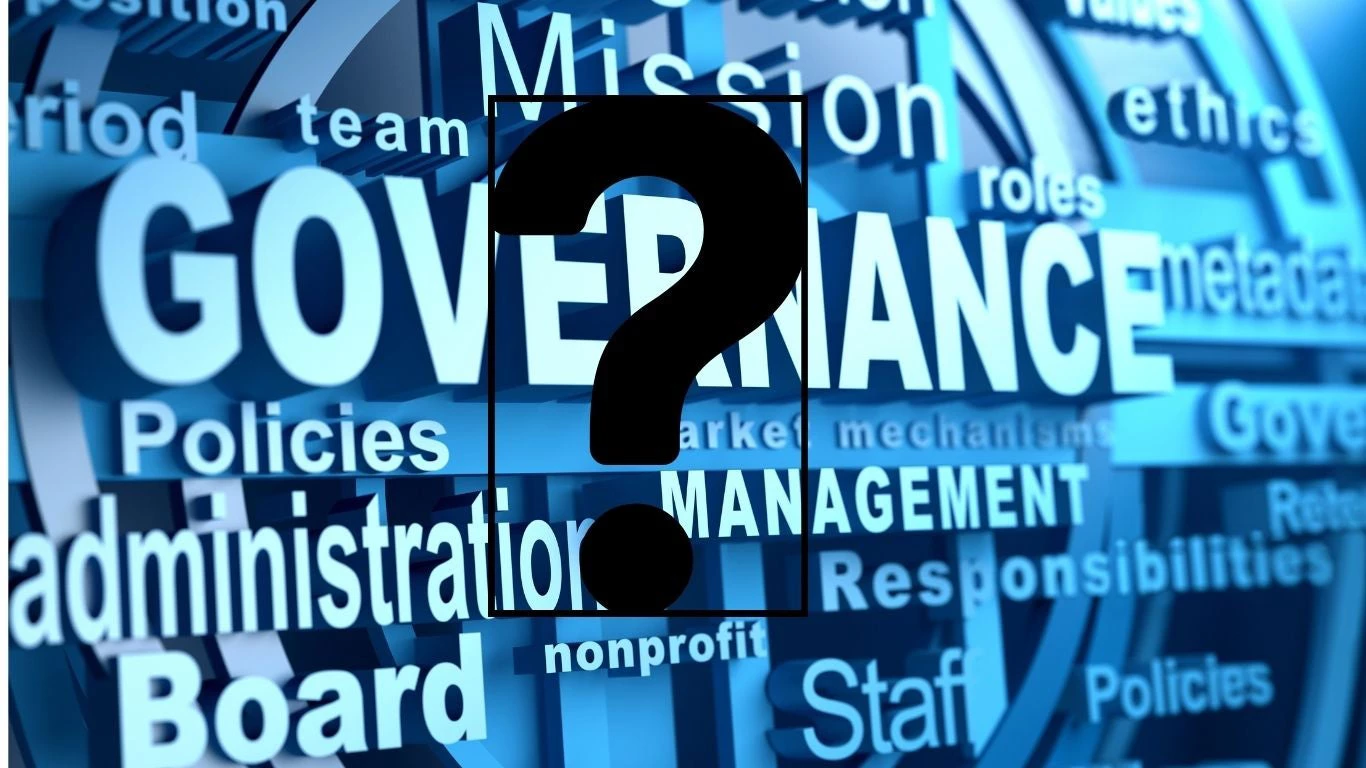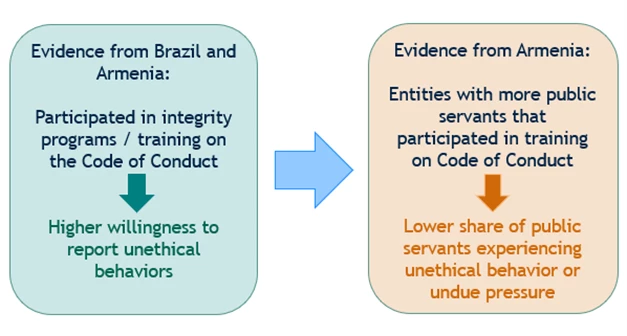 Figure 1: The relationship between trainings and integrity risks
Figure 1: The relationship between trainings and integrity risks
The Public Sector Accountability Survey, a data-driven assessment, captures the experiences and perspectives of public servants. In this blog, we share selected insights from three surveys collected in —Brazil (2021), Madagascar (2021), and Armenia (2022)— building on previous efforts conducted by the Global Survey of Public Servants initiative and the Bureaucracy Lab.
In Brazil, the focus was on federal government public servants’ experiences with unethical behavior, knowledge of reporting mechanisms, and perceptions of accountability mechanisms such as whistleblowing and grievances. In Madagascar, the survey shed light on policies and practices in teacher recruitment and incentives, school management, transparency, and accountability. In Armenia, the emphasis was on systems and frameworks related to asset declaration, whistleblower protection, conflict of interest, corruption risks in public procurement, and code of conduct and trainings for public servants.
In all three countries, the governments demonstrated strong willingness to fight against corruption and strengthen the open data culture in the public sector. In all three countries, the survey results were disseminated in a high-profile event. In Armenia, the survey informed the elaboration of the new Anticorruption Strategy. In Brazil the anonymized survey microdata was made publicly available to researchers and civil society, and the survey findings were disseminated in key media outlets (PT). In Madagascar, the results were featured in multiple World Bank publications and were fed into new World Bank operations in the education sector.
What were common lessons learned from the survey?
• To become effective, integrity goals need to be promoted . In Brazil, only 55% of public service respondents knew about their organizations’ integrity programs. Similarly, in Madagascar, over 40% of respondents were not aware of the mission and role of anti-corruption units in the sector. In Armenia, while 86% of public servants had heard about the Corruption Prevention Commission, only 27% were familiar with its function, and less than half knew who the integrity officer in their unit was.
• Just putting a whistleblowing system in place, will not do the job . Public servants do not necessarily report or feel safe to report unethical behaviors, even when there is a formal anonymous whistleblowing system in place. In all three countries, most respondents would not feel safe reporting unethical behavior if witnessed it (51% in Brazil, 52% in Armenia, and 64% in Madagascar). This unwillingness to report was attributed to lack of trust in the whistleblowing system (60% in Brazil and 51% in Armenia), and in the prevailing culture and norms around reporting, such as fear of conflict (59% in Brazil and 54% in Armenia).
• Regular integrity trainings encourage public servants to step forward with integrity concerns. In Brazil, public servants that have attended an integrity program were more likely to feel safe reporting illegal conduct (68% vs 36%). However, only 31% of all public servants reported receiving integrity training in their organization. In Armenia, similarly, participating in code of conduct training was positively associated with the willingness to report unethical behavior and wrongdoing.
· The quality of human resource management (HRM) practices matters for combatting corruption. In Madagascar, higher HRM quality (calculated as an index using different survey questions reflecting good practice in recruitment, performance, career, and compensation management) and more rigorous recruitment methods are associated with a lower tendency to behave unethically among public servants in the education sector. In Armenia, public servants who reported higher HRM quality in their entities were less likely to report having been subject to or witnessing unethical behaviors in HRM situations, having been under undue pressure, or a high incidence of conflicts of interest. These results were partly explained by the positive association between the quality of HRM practices and job satisfaction, workplace trust, and willingness to report.
Are you currently working in a country where new evidence is needed to guide anticorruption efforts? Consider implementing a Public Sector Accountability Survey! Contact us at: anticorruption@worldbank.org and gipar@worldbank.org.
Editor's note: This blog post is part of a series for the 'Bureaucracy Lab', a World Bank initiative to better understand the world's public officials.






Join the Conversation